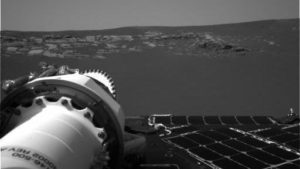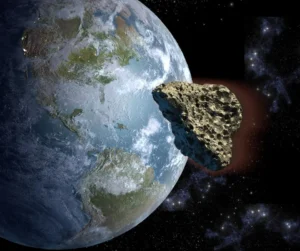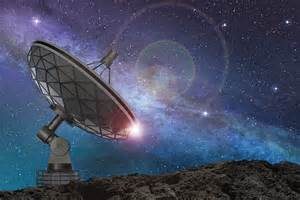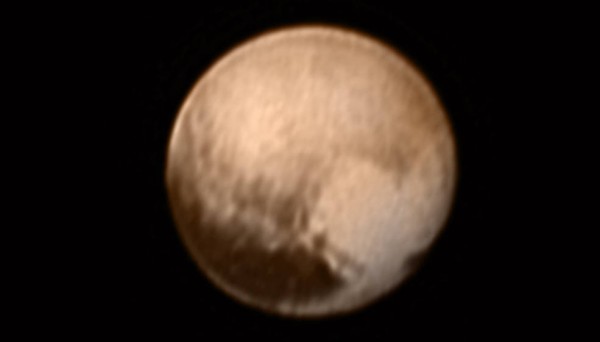
It can be said of many retired people that we have too much time on our hands and too much time to fill our heads with goofy thoughts.
So, when NASA announced the demise of the Mars rover Opportunity the other day, I was filled with just a touch of sadness, but also with gratitude that the 90-day mission lasted 15 years and that NASA was able to collect mountains of data from the Red Planet.
My wife joked that Opportunity didn’t spot any “little green men” traipsing around the Martian surface..
Then I began thinking as I’ve done my entire life. I believe with every fiber of my being that there is life “out there, somewhere, deep in the void.”
I know what the Bible says about God creating humankind in his image. And I believe those words. I also believe the Great Creator was capable of placing life well beyond little ol’ Earth, an insignificant speck in the vast expanse of space.
I cannot even begin to grasp the size of the universe. I mean, “forever” is, well, a distance that none of us can fathom. I’ll just leave it at that.
Therefore, my limited understanding of statistical probabilities tells me that somewhere out there — way, way beyond anything we’ve ever laid eyes on — there must be a planet orbiting a star that has atmospheric conditions capable of sustaining life.
What does it look like? Beats me. Would that life necessarily be oxygen/nitrogen breathing life? Not necessarily. Does that life necessarily mean it is more advanced than we are? No. It might be mere vegetation. Or some sort of creature we cannot define.
Has this life visited Earth? I don’t believe for one second that we have been seen up close by any extraterrestrials.
Opportunity bit the Martian dust after fulfilling its mission far beyond what scientists had hoped it would accomplish. It didn’t see anything. Just remember: Even a journey of tens of millions of miles into “deep space” hardly constitutes a journey that covers the expanse of our universe.
Look at this way: How many grains of beach sand would it take to fill the oceans? Yep, it’s likely even bigger than that out there!




